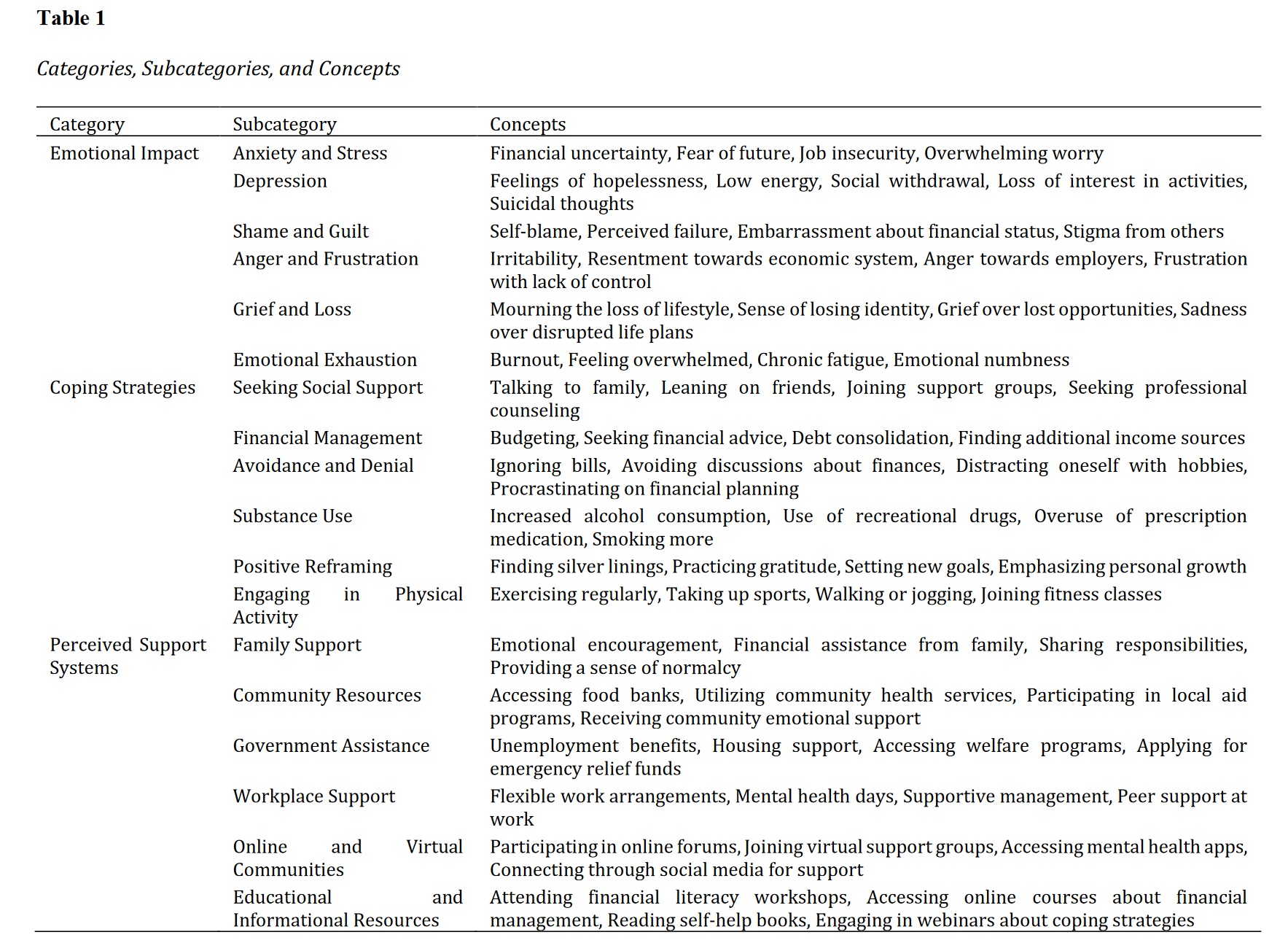The Role of Faith-Based Organizations in Social Service Provision
Keywords:
Faith-based organizations, social service provision, qualitative study, religious duty, volunteer management, interfaith collaboration, community impactAbstract
This study aims to explore the role of faith-based organizations (FBOs) in social service provision, focusing on their motivations, challenges, and impact on beneficiaries. The research seeks to provide in-depth qualitative insights into how FBOs operate and influence their communities. A qualitative research design was employed, utilizing semi-structured interviews with 24 participants from various FBOs. Purposive sampling was used to select individuals directly involved in faith-based social services. Data were analyzed using NVivo software, applying thematic analysis to identify key themes and patterns in the data. Theoretical saturation guided the data collection process. The study identified three main themes: the role of faith in service provision, challenges in service delivery, and the impact on beneficiaries. FBOs are motivated by religious duty and compassion, integrating faith into their services through spiritual support and religious teachings. Key challenges include financial constraints, bureaucratic hurdles, volunteer management issues, interfaith collaboration difficulties, and public perception problems. Despite these challenges, FBOs significantly impact beneficiaries by fostering personal growth, social inclusion, economic improvement, health and well-being, and educational advancement. Faith-based organizations play a crucial role in addressing both spiritual and material needs within communities. Their unique approach, driven by religious motivations, provides comprehensive support to beneficiaries. However, they face significant challenges that can hinder their effectiveness. Addressing these challenges through diversified funding, improved volunteer management, effective interfaith collaboration, and leveraging technology can enhance the capacity of FBOs to continue their valuable work.
Downloads






